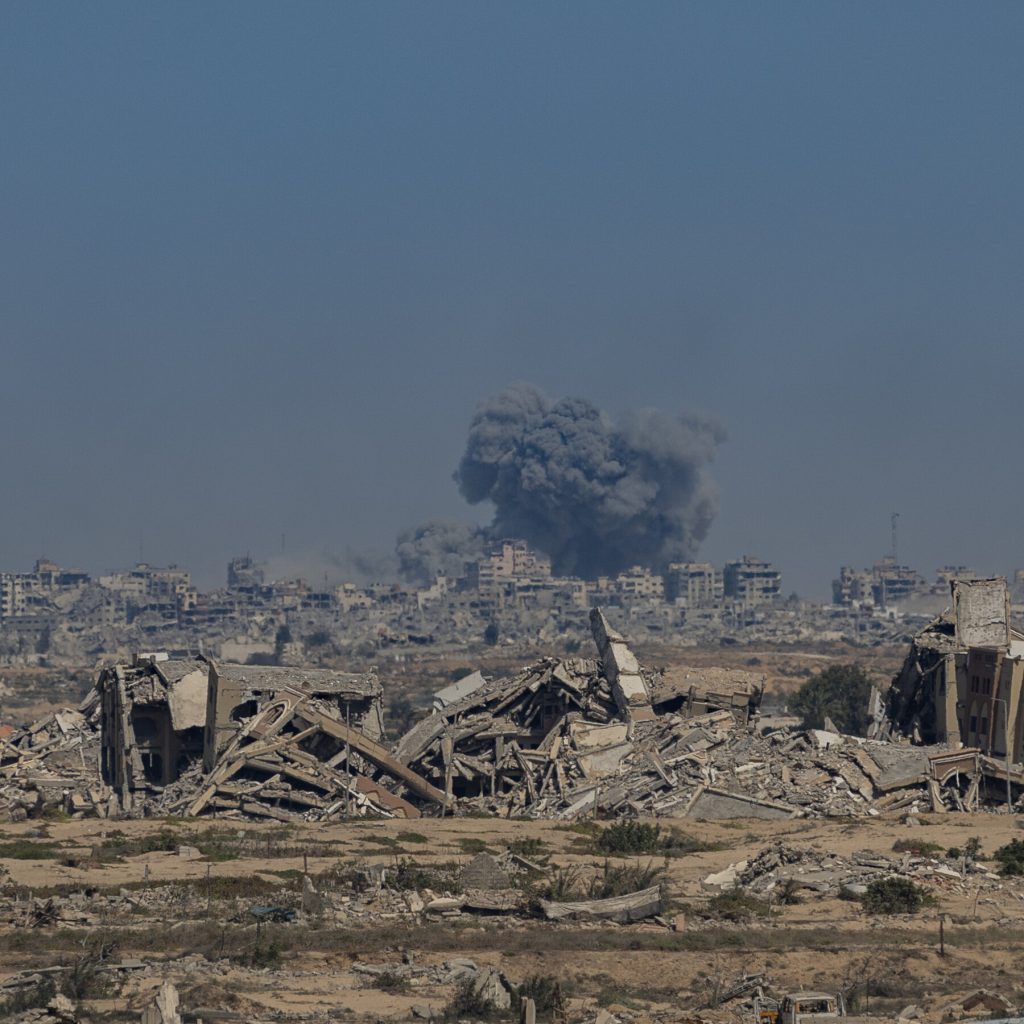Hamas’s Response to Trump’s Peace Plan: What You Need to Know

In a recent statement, Hamas, the militant group governing the Gaza Strip, expressed a cautiously optimistic tone regarding the possibility of ending the longstanding conflict with Israel. However, the response also made it clear that several key components of US President Donald Trump’s peace plan remain off the table.
The statement, which was widely covered in the media, appeared to leave the door open for potential negotiations, sparking hopes that a lasting resolution to the conflict may be within reach. Nevertheless, Hamas’s response stopped short of explicitly endorsing the plan, and crucially, did not address several critical elements that the group has previously deemed unacceptable.
The skepticism surrounding Trump’s peace plan is rooted in its proposals for a Palestinian state with limited sovereignty, as well as its recognition of Israeli control over key territories, including the Jordan Valley. Hamas has long maintained that any lasting peace must be based on the establishment of an independent Palestinian state with East Jerusalem as its capital, and the group’s response to the plan suggests that it remains committed to this stance.
While Hamas’s statement may have raised hopes for a renewed diplomatic effort, it is clear that significant hurdles remain before any meaningful progress can be made. The group’s leadership has made it clear that it will not compromise on what it sees as fundamental issues, and it remains to be seen whether Trump’s plan can be adapted to meet the demands of both Israelis and Palestinians.
In the short term, the situation on the ground remains volatile, with sporadic violence and protests continuing to erupt in Gaza and other parts of the occupied territories. As the international community continues to grapple with the complexities of the Israeli-Palestinian conflict, Hamas’s response to Trump’s peace plan serves as a reminder that a lasting solution will require a deep understanding of the competing interests and aspirations of all parties involved.






